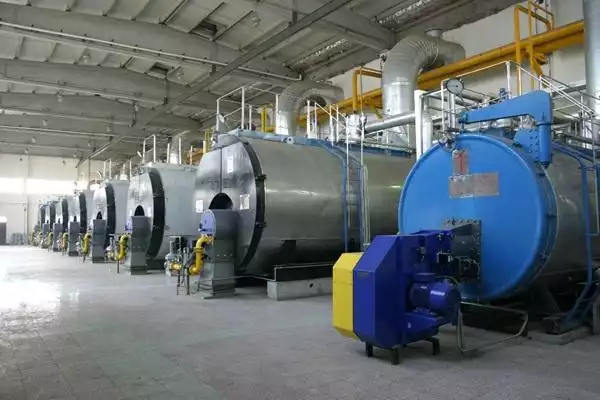
Fangkuai Boiler Introduces New Biomass Boilers >
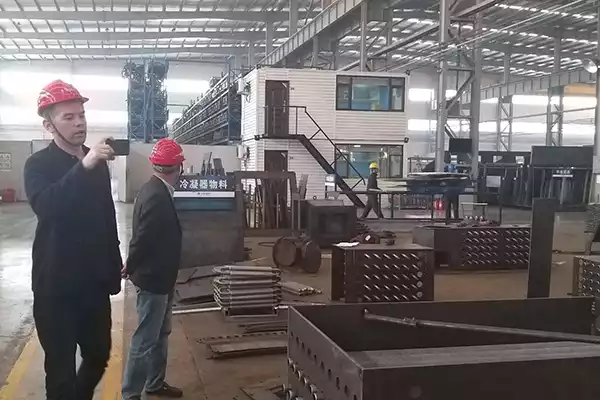
FangKuai 보일러 회사: Leading the Way in Energy-efficient Boiler Manufacturing >
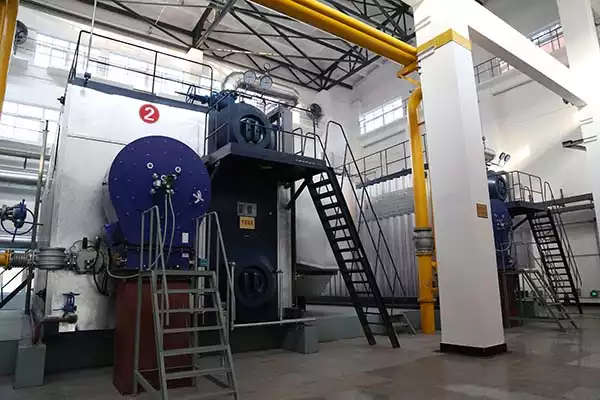
FangKuai Boiler Continues to Lead the Way in Energy-efficient Boiler Manufacturing >
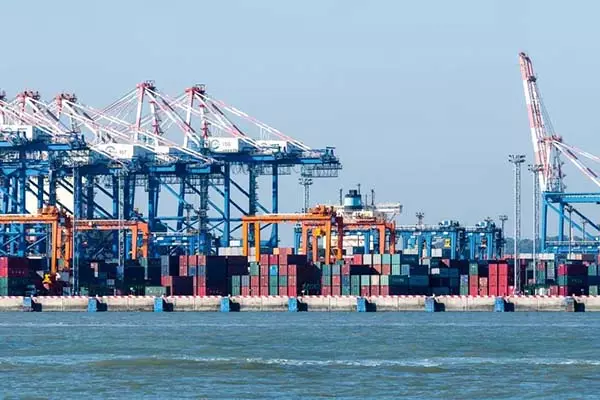
팡콰이 보일러: A Stable Development in the Overseas Market >
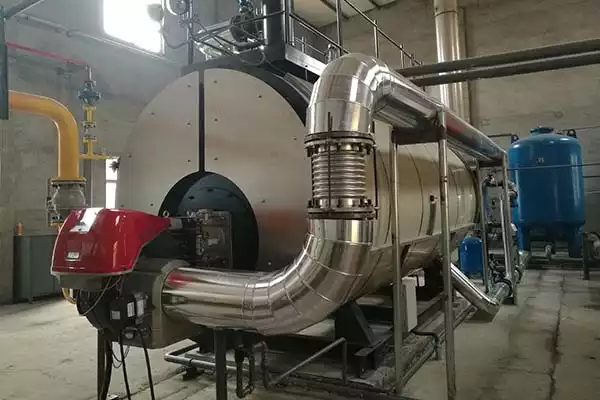
Boost Brewing Efficiency with Fangkuai Gas Boilers & Condensing Water Recovery >
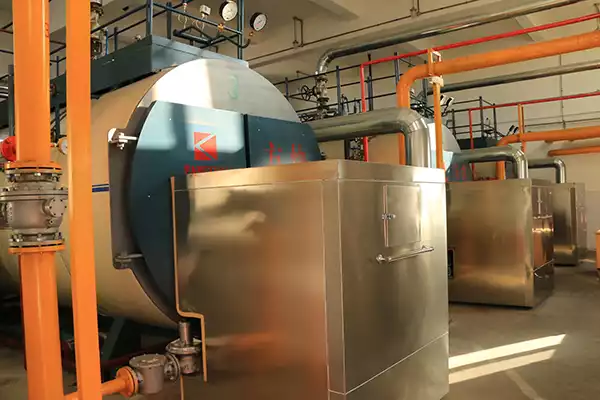
Empowering the Textile Industry in Bangladesh with Fangkuai Dual Fuel Boilers >
.jpg)
Discover the key factors affecting industrial electric steam boiler price, including capacity, 압력, 에너지 효율성. Get expert insights to make an informed purchase decision.

Learn the key factors that affect heater boiler replacement costs, including boiler type, 크기, installation complexity, 에너지 효율성. This guide helps you make an informed decision and plan your budget effectively for a cost-efficient replacement.

A fire tube steam boiler is a type of boiler in which hot gases pass from a fire through one or many more tubes running through a sealed container of water. The heat of the gases is transferred through the walls of the tubes by thermal conduction, heating the water and ultimately creating steam. This type of boiler is widely used in various industries for heating and power generation.

Installing a heating boiler is a significant investment that directly impacts your home's comfort, 에너지 효율, and long-term savings. Whether you're upgrading an old system or installing a brand-new boiler, understanding the cost factors, 설치 과정, and ways to save money is crucial.
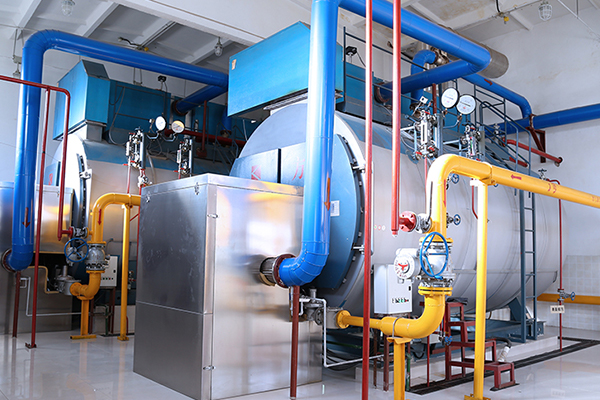
This guide provides a professional overview of steam boilers, covering their types, 작동 원리, and efficiency to help you make informed decisions.
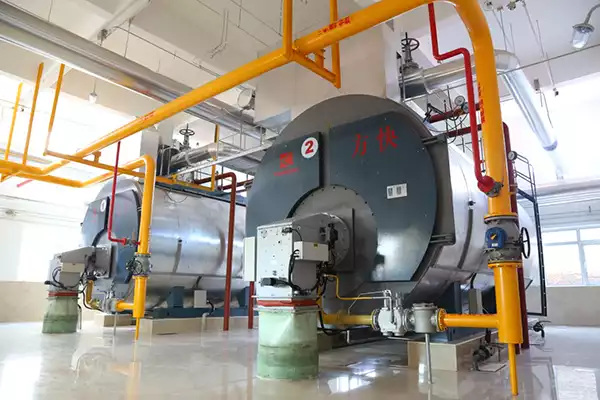
현재, we have provided one-stop solutions for manufacturing, 설치, commissioning, and operation for 200+ industries.
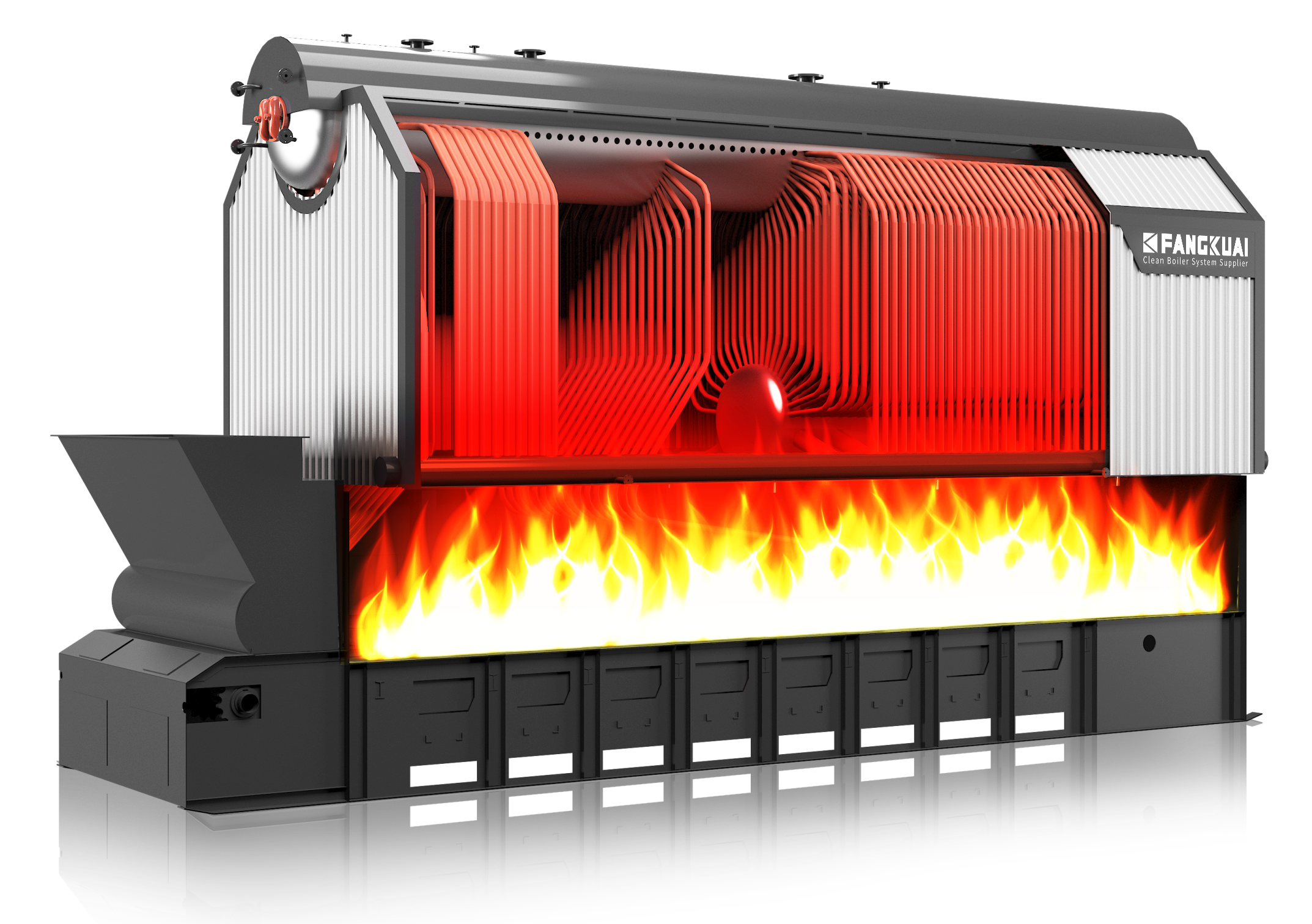
오늘날의 산업 및 상업 부문에서, 에너지 소비를 줄이고 탄소 배출을 줄이는 것이 운영 효율성을 향상시키는 중요한 목표가 되었습니다.. 바이오매스 보일러, 효율적이고 친환경적인 에너지 솔루션으로, 사업주와 건물 관리자 사이에서 인기가 높아지고 있습니다..
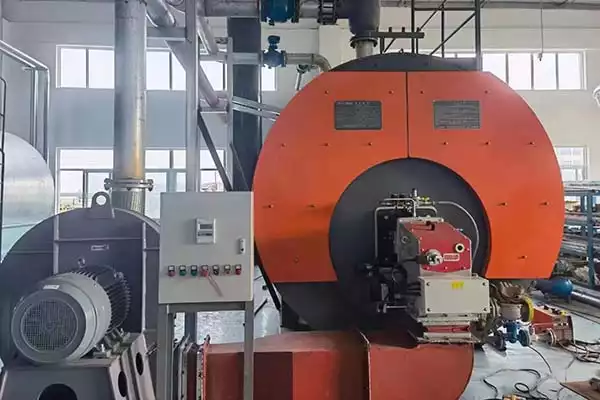
최근에는, 상대적으로 성숙하고 적용 성능이 더 높은 바이오매스 보일러 유형은 수냉식 진동 화격자 용광로입니다., 순환 유동층 및 소수의 결합형 화격자 보일러. 본 논문에서는 여러 보일러 유형의 특성과 수분의 영향을 분석하고 비교합니다., 바이오매스 보일러 선택 시 바이오매스 연료 성분의 회분 및 불순물.
7 steps to tell you how to clean a steam boiler
Discover the essential steps and techniques for effectively flushing a boiler system. Learn the significance, safety measures, different methods, and maintenance tips for maintaining optimal boiler performance.증기보일러 수위가 너무 높음: 원인, 효과와 해결책
A high water level in a steam boiler can be a concerning issue as it might lead to water carryover into the steam lines, affecting the efficiency and safety of the boiler system. There are a few potential reasons for this problem and steps you can take to address it:증기보일러가 작동하지 않는 이유와 해결책
steam boilers sometimes stop working, which brings great inconvenience to production. 그래서, what is the reason why the steam boiler is not working? 이 문제를 어떻게 해결할 수 있나요?? 다음, 우리 같이 토론하자.How to avoid uneven heat in gas boilers?
The uneven heat of the gas boiler refers to the phenomenon of uneven heat load in the same heating surface tube group.Under what circumstances must the gas boiler be shut down?
After some emergencies, there may be some problems during the operation of the gas boiler. The boiler operator should be vigilant to the gas boiler, check the operation of the boiler in real-time, and stop the boiler if necessary to avoid more serious dangerous accidents.What should I do if the load of the gas boiler drops suddenly?
When the load of gas-fired boilers drops suddenly, the enterprise units using the boilers should pay attention. This is a serious boiler dangerous situation, accompanied by the following situations:What safety measures should be taken after the gas boiler is out of service?
Many gas-fired boilers do not run continuously throughout the year. When the enterprise is no longer in production or for other reasons, the boiler will be shut down. 하지만, after the boiler is out of service, certain safety measures must be taken. 그래서, what safety measures should be taken after the boiler in the chemical plant is out of service?가스 보일러의 연료 소비를 줄이는 방법?
How to reduce the fuel consumption of gas boilers? For gas-fired boilers, in order to save fuel and improve the thermal efficiency of the boiler, we must start from the following aspects.
V우리 고객의 iew 리뷰
"Fangkuai의 고객 서비스는 최고 수준입니다. 그들은 내 필요에 맞는 완벽한 보일러를 선택하도록 도와주고 프로세스 전반에 걸쳐 훌륭한 지원을 제공했습니다.. 설치 과정도 매우 순조로웠고 보일러도 기대 이상이었습니다. 사용 및 유지 관리가 매우 쉽습니다., 그리고 에너지 효율성은 현저하다. 신뢰할 수 있고 효율적인 난방 솔루션이 필요한 모든 사람에게 Fangkuai의 제품을 강력히 추천합니다."
후안
멕시코"Fangkuai의 온수 보일러는 놀랍습니다.. 빠르고 효율적으로 가열됩니다., 그리고 물은 오랫동안 뜨겁게 유지됩니다. 우리는 그것에 대해 어떤 문제도 없었으며 일상적인 작업에서 상당한 개선을 이루었습니다.. 설치 과정도 매우 순조로웠고 고객 서비스도 훌륭했습니다.. Fangkuai의 온수 보일러를 적극 추천합니다."
사라
캐나다"Fangkuai의 열유 보일러는 작동 및 유지 관리가 매우 쉽습니다.. 유지 관리에 드는 시간과 비용을 절약하는 데 도움이 되었습니다., 이는 상당한 비용 절감으로 이어졌습니다.. 재료의 품질과 보일러의 구조는 탁월합니다.. 또한 매우 에너지 효율적입니다, 에너지 비용을 절약하는 데 도움이 되었습니다.. Fangkuai의 열유 보일러를 적극 추천합니다. ."
알렌
브라질"Fangkuai의 증기 발생기는 우수합니다.. 그들은 사용하기 매우 쉽고 최소한의 유지 보수가 필요합니다.. Fangkuai의 고객 서비스도 탁월합니다.. 그들은 매우 반응이 좋으며 항상 기꺼이 도와줍니다.. 증기 발생기의 에너지 효율성도 뛰어납니다., 에너지 비용을 절약하는 데 도움이 되었습니다.. Fangkuai의 증기 발생기를 강력히 추천합니다."
마리아
스페인"Fangkuai의 온수 보일러는 놀랍습니다.. 빠르고 효율적으로 가열됩니다., 그리고 물은 오랫동안 뜨겁게 유지됩니다. 우리는 그것에 대해 어떤 문제도 없었으며 일상적인 작업에서 상당한 개선을 이루었습니다.. 설치 과정도 매우 순조로웠고 고객 서비스도 훌륭했습니다.. Fangkuai의 온수 보일러를 적극 추천합니다."
사라
캐나다"Fangkuai의 스팀 보일러는 제 식품 가공 사업에 완벽합니다. 그것은 우리의 모든 요구 사항을 충족하고 매우 신뢰할 수 있습니다. 재료의 품질과 보일러의 구조는 탁월합니다.. 또한 작동 및 유지 관리가 매우 쉽습니다., 유지 관리에 드는 시간과 비용을 절약할 수 있었습니다.. 신뢰할 수 있는 난방 솔루션이 필요한 모든 사람에게 Fangkuai의 증기 보일러를 적극 권장합니다."
제이슨
브라질"Fangkuai의 스팀 보일러는 제 식품 가공 사업에 완벽합니다. 그것은 우리의 모든 요구 사항을 충족하고 매우 신뢰할 수 있습니다. 재료의 품질과 보일러의 구조는 탁월합니다.. 또한 작동 및 유지 관리가 매우 쉽습니다., 유지 관리에 드는 시간과 비용을 절약할 수 있었습니다.. 신뢰할 수 있는 난방 솔루션이 필요한 모든 사람에게 Fangkuai의 증기 보일러를 적극 권장합니다."
제이슨
브라질"Fangkuai의 온수 보일러는 놀랍습니다.. 빠르고 효율적으로 가열됩니다., 그리고 물은 오랫동안 뜨겁게 유지됩니다. 우리는 그것에 대해 어떤 문제도 없었으며 일상적인 작업에서 상당한 개선을 이루었습니다.. 설치 과정도 매우 순조로웠고 고객 서비스도 훌륭했습니다.. Fangkuai의 온수 보일러를 적극 추천합니다."
사라
캐나다"Fangkuai의 열유 보일러는 작동 및 유지 관리가 매우 쉽습니다.. 유지 관리에 드는 시간과 비용을 절약하는 데 도움이 되었습니다., 이는 상당한 비용 절감으로 이어졌습니다.. 재료의 품질과 보일러의 구조는 탁월합니다.. 또한 매우 에너지 효율적입니다, 에너지 비용을 절약하는 데 도움이 되었습니다.. Fangkuai의 열유 보일러를 적극 추천합니다. ."
알렌
브라질